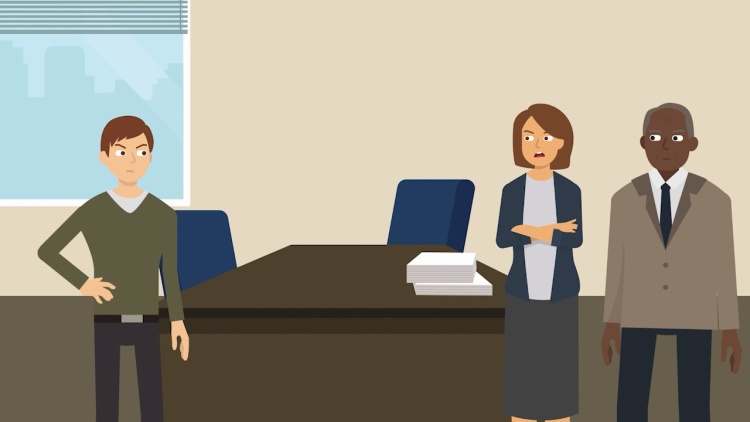Alley v. MTD Products, Inc.
United States District Court for the Western District of Pennsylvania
2018 WL 4689112 (2018)
- Written by Rose VanHofwegen, JD
Facts
When Reynolds Alley (plaintiff) inflated his snowblower tire, the rim exploded, injuring Alley’s hand. After $6,000 in medical bills, Alley sued the manufacturer, MTD Products, Inc. (MTD) (defendant), for $100,000 in damages. MTD produced information from prior cases involving the same model, including the claimants’ and attorneys’ names and where the cases were filed. MTD’s counsel said most of those lawsuits involved similar injuries from exploding tire rims. MTD also produced product recall records that showed knowledge of the defect. Alley’s attorney nonetheless asked MTD to produce all documents from the prior lawsuits, including expert reports, deposition transcripts, and discovery. Alley’s attorney also filed a Rule 30(b)(6) notice to depose MTD’s records custodians, seeking their identities, and to question them about nine listed topics about MTD’s document storage and retrieval systems. MTD requested a protective order to prevent the additional discovery and submitted an affidavit from its national discovery counsel explaining that the costs would likely exceed $100,000. Alley’s attorney countered that he needed the additional discovery to prove MTD’s knowledge and recover punitive damages and that its production would not unduly burden MTD.
Rule of Law
Issue
Holding and Reasoning (Gibson, J.)
What to do next…
Here's why 907,000 law students have relied on our case briefs:
- Written by law professors and practitioners, not other law students. 47,100 briefs, keyed to 996 casebooks. Top-notch customer support.
- The right amount of information, includes the facts, issues, rule of law, holding and reasoning, and any concurrences and dissents.
- Access in your classes, works on your mobile and tablet. Massive library of related video lessons and high quality multiple-choice questions.
- Easy to use, uniform format for every case brief. Written in plain English, not in legalese. Our briefs summarize and simplify; they don’t just repeat the court’s language.






